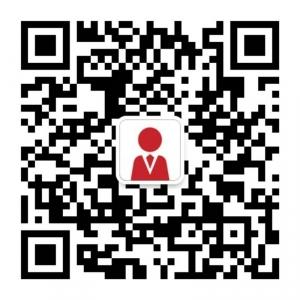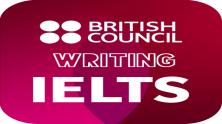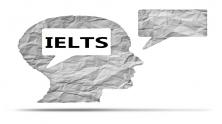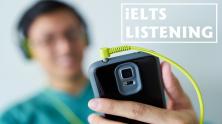
IELTS is an English exam required by the universities in the UK in assessing international students’ English language skills especially whose first language is not English or who are not from a majority English speaking country. The exam comprises four elements: Reading, Listening, Speaking and Writing. Students are given marks on each component as well as an overall score on a 9 Band scale.
Usually to qualify, undergraduate degree students are expected to score a minimum of 5.5 in each section and band 6 overall. For a master’s degree, students should acheive a minimum of 6 in each section and band 6.5 overall. And of course, some Universities expect higher than the general. The score requirement depends on the subject area and nature of course. Therefore, it is always recommended to score as high as possible in your IELTS exam.
This article will help you to achieve a higher score in the Reading section of IELTS exam.
What is a Reading Test like in IELTS?
Reading Test – Even though it is called a reading test it is not really a reading test, it is a test to examine your reading skills such as skimming, scanning and close reading skills. It is actually a test to test the strength of your vocabulary. In the reading test you will be given different paragraphs and questions will be asked about the text. Therefore, it is essential that you enhance your reading ability.
-
Skimming – This is the skill of reading a text quickly to get a general meaning. It is important to understand the question type and which part of the text the question relates to.
-
Scanning – This is the skill of highlighting the key words of the text or the paragraph. Identifying the key words will help you to answer the questions quickly as you will be aware about where to look for the answers.
-
Close reading – This is the final reading that you may do in extracting the answers. You must read the text closely in order to get the most relevant answer.
By improving the above skills you will be able to get a good grasp on the paragraph or the text that you are being tested on. You will then be able to answer different types of questions such as short answer questions, multiple choice, summary completion, matching headings tips and strategy, labeling diagrams and sentence completion etc.
In order to get an in-depth understanding of the texts you are being given, you must have a fairly good vocabulary as synonyms are used. Thus, it is important that you improve on your vocabulary when preparing for the IELTS reading test.
Tips to use at the exam
-
Time Management
Time management is the key to achieve high marks. The test has 40 questions based on three passages which need to be completed in 60 minutes. It is recommended that you should not spend more than one minute over one question but in reality you may have to give a bit more time for certain questions
-
Improve on skimming, scanning and close reading skills
This is also important that you must be able to manage your time on reading the given passages. You must ensure that you read the whole passage but make note of the significant sections. Understanding the key words, remembering what you are reading, be focused and not being very quick or avoiding getting panicked would help you understand the passage and answer the questions more effectively
-
Read the questions first
Some students first scan the questions to get a preview on the areas that questions are based on. This can also be practiced as a technique in answering the questions easily.
-
Answering the questions
If you get stuck with one question it is suggested that you move on rather being spending too much of time.
-
Use of key words
By looking at the questions first you will be able to highlight the key words matching the questions when you are reading the passage. It is always important to read the entire question before concluding its meaning. Most of the time students do the mistake of reading very fast to manage the time, but they tend to misunderstand the question instead. It is important to avoid such mistakes and be confident on your skills
How do I get ready for the test?
The most effective way of getting prepared for the test is to keep practicing the past IELTS exam questions which will help you to get yourself used to the style and the pattern of questions.
-
Always try and practice the exam questions within the 60 minutes and think as if you are giving the exam. Once you finish reading the passages slowly and take your own time to understand which answers were wrong
-
Do not expect the same questions to appear in your exam paper. IELTS exams are not repetitive but past exam questions will prepare you and you will not be felt alienated at the exam
-
Build your vocabulary. This is the most effective way of getting ready for the exams. Read as many articles as possible and then learn the new words that you encounter. It is better to refer to a dictionary and learn the synonyms of new words as well
-
Learn your phrasal verbs. Understanding phrasal verbs is important, if you are not a frequent user of English language.
-
Start getting ready for the exam at least two or three months before as you will need to get ready for all components and it is not only the reading test that you must score higher marks.
Educational Consultancy and Top University Placement Hotline: +44 (0) 203 856 8188








